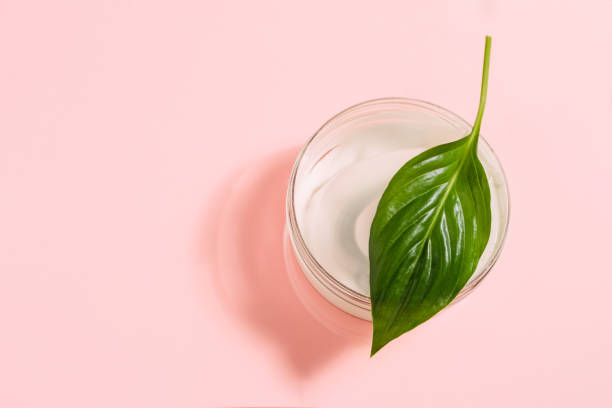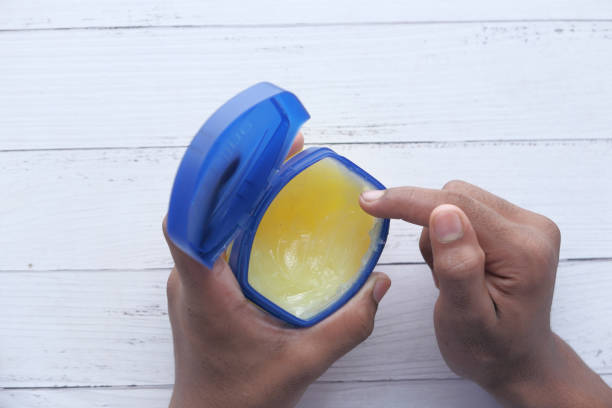
- Biomass is becoming a more prominent element in a variety of industries, including cosmetics.
- Along with the increasing awareness of the environment and carbon emissions, many consumers today are turning to sustainable products.
- The bioeconomy offers the cosmetics industry a diverse range of sustainable chemical components that increase both performance and environmental effect.
Biomass has many uses, maybe you don’t realize it, but the everyday products you use may contain biomass. Biomass is becoming a more prominent element in a variety of industries, including cosmetics. The bioeconomy offers the cosmetics industry a diverse range of sustainable chemical components that increase both performance and environmental effect. Along with the increasing awareness of the environment and carbon emissions, many consumers today are turning to sustainable products. Therefore, the use of biomass in cosmetic products is in demand.
From Petrol to Biomass

You may likely have heard of “Petroleum”. Petroleum is often used as a raw material for cosmetics because it is inexpensive and skin-friendly. Petroleum-derived compounds provided cosmetic makers with a variety of readily available hydrocarbons that could be more easily processed into chemicals with specified properties. Because of the relative quantity and low price of crude oil, petroleum-based compounds are likewise less expensive to create.
But nowadays, companies are starting to go “back to nature” by exchanging petroleum-based materials for biobased equivalents as products made from crude oil come under increased scrutiny. This has always been simple for oily components, owing to vegetable oils, and now, with current biorefining capacity, a wide range of compounds may be created from biomass and used as ingredients.
Read more
- 5 Manfaat Biomassa, Apa Sajakah Itu?
- KEBI: Indonesian Biomass Energy Cooperative for Energy Security and Sustainable Economy
What is Biomass in Cosmetics?

Biomass is any organic material derived from plants or animals. In the cosmetics industry, biomass often refers to plant-based resources used to make a variety of skincare and beauty products. Plants, algae, fungi, and even waste items can all be used to generate biomass.
Here are different types of biomass that are currently used in cosmetics products;
- Coconut Oil
Coconut oil is a popular ingredient in cosmetics due to its moisturizing properties. It is rich in fatty acids that can help nourish and hydrate the skin, making it a popular ingredient in skincare and haircare products.
- Coffee Grounds
Coffee grounds are a waste product from the coffee industry that can be repurposed as a biomass ingredient in cosmetics. They contain antioxidants that can help protect the skin from free radicals and have exfoliating properties that can help remove dead skin cells.
- Snail Mucin
Snail mucin, also known as snail secretion filtrate, is a popular ingredient in skincare products, particularly in Korean beauty products. The use of snail mucin in cosmetics is based on the belief that it can help hydrate, heal, and rejuvenate the skin.
- Bamboo
Bamboo is a popular biomass ingredient in cosmetics due to its high silica content, which can help strengthen the skin and hair. It is also a sustainable resource that grows quickly and does not require fertilizers or pesticides.
- Algae
Algae is a type of seaweed that is rich in antioxidants, vitamins, and minerals. It can help hydrate and firm the skin and is often used in anti-aging products.
Read more
- Do You Know About Advanced Biofuels and Its Implementation in Indonesia?
- Mengenal 5 Jenis Bioenergi Sebagai Sumber Energi Alternatif
Why Use Biomass in Cosmetics?
The use of biomass in cosmetics is gaining popularity due to its multiple advantages, such as its sustainability, biodegradability, and natural origin. One of the primary factors is its long-term viability. As consumers become more environmentally conscious, they seek out products that are eco-friendly and have a low environmental impact. Because biomass is a renewable resource that can be regenerated over time, it is a suitable ingredient for environmentally friendly cosmetics.
Biodegradability is another advantage of biomass. Many traditional cosmetic chemicals, such as synthetic polymers and microbeads, can take years to degrade and cause environmental harm. Biomass, on the other hand, is biodegradable, which means it can be broken down naturally and will not build up in the environment.
Biomass is also a natural ingredient, which appeals to customers who want products devoid of dangerous chemicals and additives. Many biomass materials contain natural vitamins, minerals, and antioxidants that have significant skin advantages.
#zonaebt #sebarterbarukan #ebtheroes
References





